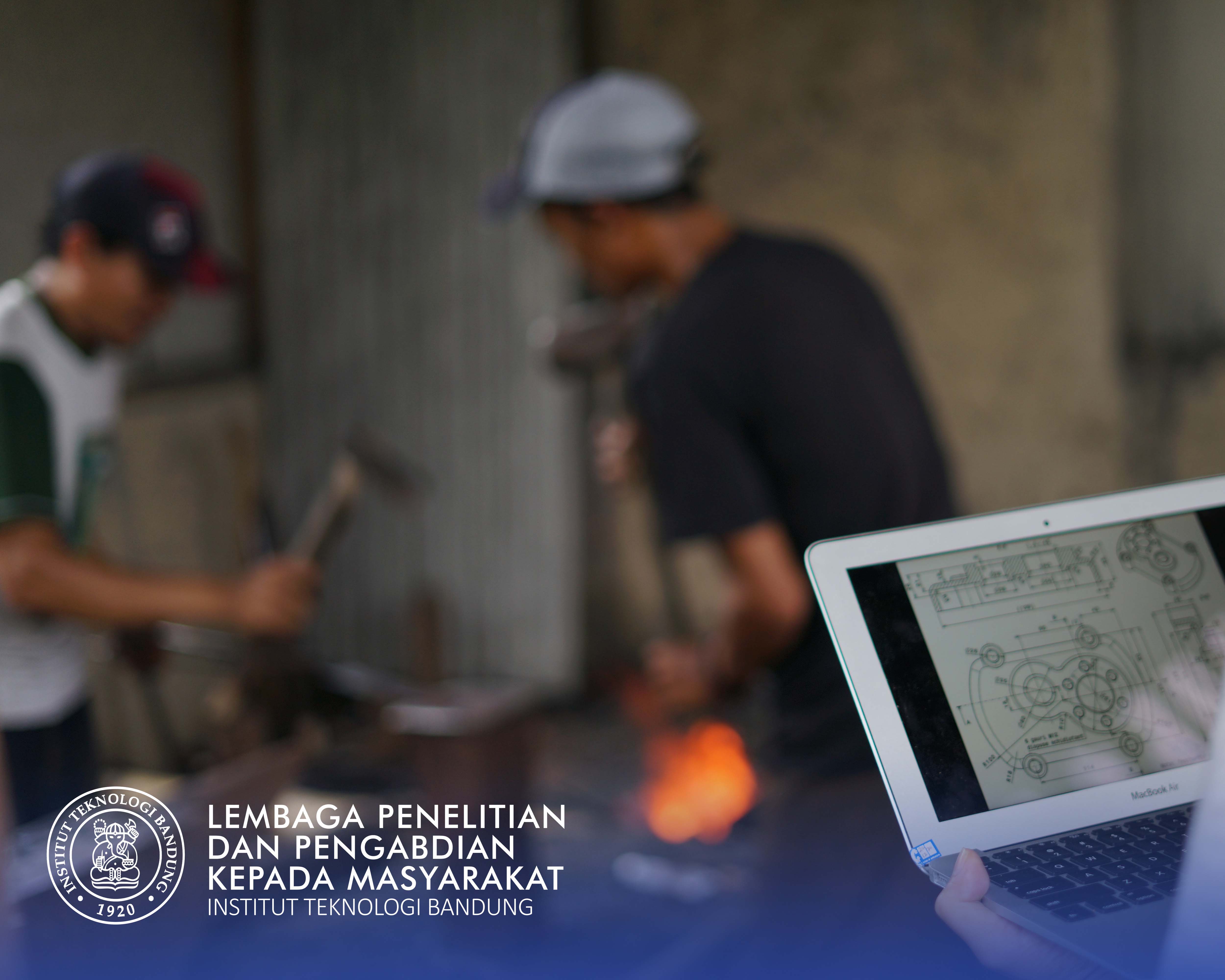

Prayatni Soewondo
Greater access to sanitation in developing countries is urgent. However, even though sanitation is important, the overall budget for sanitation is limited. With this budget limitation, it is important to (1) allocate resources strategically to maximize the impact and (2) considering communal agents to potentially become a source for sanitation improvement. The Jodipan and Knifting Projects in Malang, Indonesia is an interesting alternative to solving the problem of sanitation problems where resources are strategically allocated and communal agents are also observed. Although the original objective project was only to improve the situation in the slums visually, it became a new tourist destination, and the economic benefits came with it had an impact on changes in citizen and government behavior towards sanitation. It also grew out of just including the village of Kesatrian to extend to the village in less than a year. To investigate the success of this project, in this paper a descriptive model will be used and data will be taken from intensive interviews with project initials, residents affected by project projects and officials. In this study stated that three points marked the success of the project: (1) strategic initial impact because of the choice of location, (2) the entry of tourists who triggered changes in behavior among residents and, (3) direct economic impacts that ensure sustainability and growth by obtaining support And the attention of government officials for more public expenses in the regions for the construction of slum settlements and sanitation improvements. Keywords � Changes in behavior, sanitation, slum, strategic thinking.
Application of appropriate technology
-